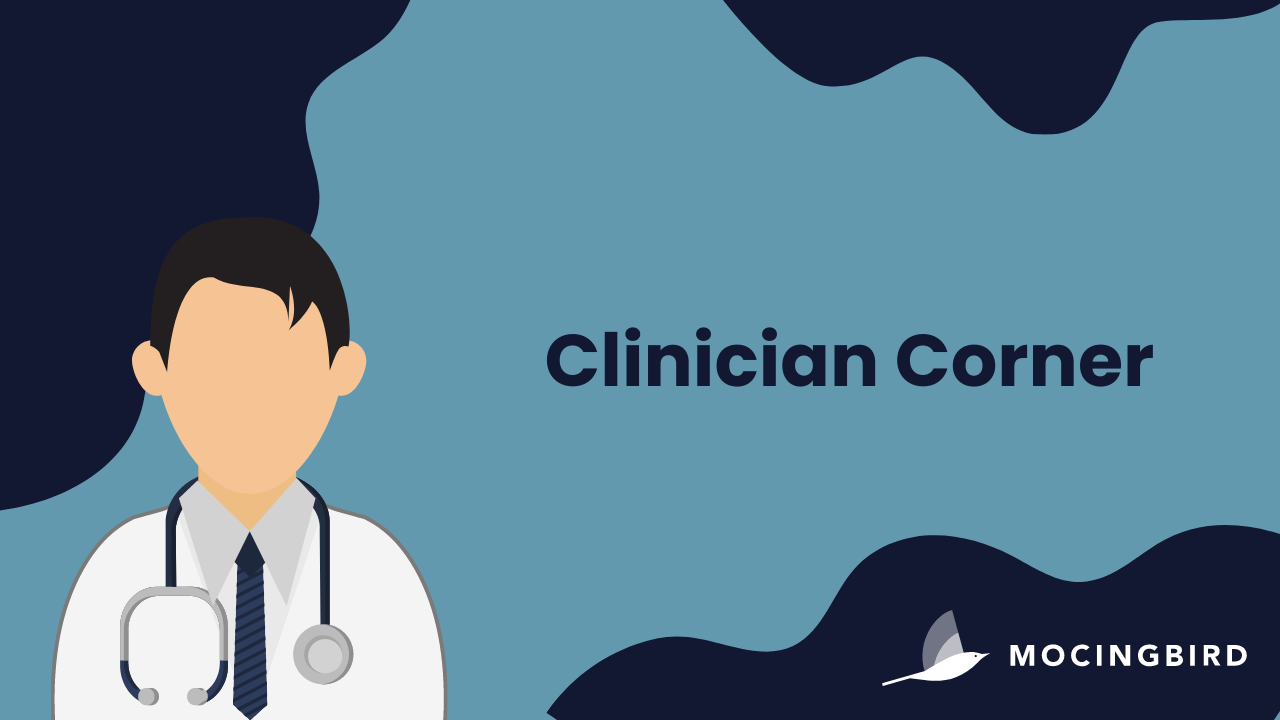Data security has become a paramount concern across various industries, but it holds a unique significance in the healthcare sector. With the increasing digitization of patient records and the integration of technology into medical practices, the healthcare industry faces a multitude of challenges when it comes to safeguarding this sensitive data. Navigating the complexities of data security in healthcare is not just a matter of compliance; it's a critical step in ensuring the trust and safety of patients.
Significance
Patient Privacy
One of the fundamental ethical principles in healthcare is respecting patient privacy. Patients trust healthcare providers to protect their sensitive information, including medical history, diagnoses, and treatment plans. A breach of this trust can lead to severe consequences for both patients and healthcare providers.
Compliance Requirements
Healthcare organizations are subject to strict regulations, such as the Health Insurance Portability and Accountability Act (HIPAA) in the United States and the General Data Protection Regulation (GDPR) in Europe. Non-compliance with these regulations can result in hefty fines and legal repercussions.
Financial Impact
Data breaches can have a significant financial impact on healthcare organizations. They not only face fines but also incur costs related to breach investigation, legal fees, and potential settlements.
Challenges
Diverse Data Ecosystem
Healthcare data comes in various forms, including electronic health records (EHRs), medical imaging, wearable device data, and more. Managing and securing this diverse data ecosystem is a complex task.
Human Error
Despite advanced technology, human error remains a leading cause of data breaches in healthcare. This includes unintentional actions like misaddressed emails, as well as deliberate insider threats.
Ransomware Attacks
The healthcare industry has been a prime target for ransomware attacks in recent years. These attacks can cripple healthcare systems and compromise patient care.
Best Practices
Encryption
Encrypting data at rest and in transit is crucial. This ensures that even if unauthorized access occurs, the data remains unreadable.
Access Control
Implement strict access controls to limit who can access patient data. Only authorized personnel should have access, and their permissions should be regularly reviewed and updated.
Employee Training
Conduct regular training sessions to educate staff about the importance of data security and how to recognize and respond to potential threats.
Incident Response Plan
Develop a robust incident response plan that outlines steps to take in case of a data breach or other security events. Time is critical in mitigating the impact of an event.
Regular Audits and Assessments
Perform regular security audits and assessments to identify vulnerabilities and ensure compliance with regulations.
Emerging Trends
Blockchain
The use of blockchain technology is gaining traction in healthcare to enhance data security and integrity.
Artificial Intelligence
AI is being used to detect anomalies in patient data that may indicate a security breach.
Zero Trust Architecture
This approach challenges traditional security models by assuming that threats can come from within the network. It requires constant verification of trust for anyone trying to access resources.
Final Thoughts
Data security in healthcare is a multifaceted challenge that demands constant vigilance and innovation. Healthcare organizations must prioritize the protection of patient data not only to comply with regulations but also to maintain patient trust and the quality of healthcare services. The security landscape is ever-changing, so staying informed is essential when attempting to successfully navigate this complex space.
—
About Mocingbird
Mocingbird is a SaaS management platform dedicated to improving medicine and clinician well-being. Our comprehensive solution eliminates the chaos of ongoing credentialing and delivers high-impact Continuing Medical Education (CME). With Mocingbird, individual clinicians gain a convenient one-stop solution to validate, track, document, and calculate their CME requirements for professional license maintenance. Healthcare organizations benefit from a powerful management tool that provides a real-time compliance overview for effective risk mitigation. Founded by Interventional Cardiologist, Dr. George Fernaine, and Orthopedic Spine Surgeon and CEO, Dr. Ian Madom. Schedule a meeting with the Mocingbird team.
—
About the Author
With 10+ years of industry experience, George Rhinehart is Mocingbird’s Director of Engineering. His background includes roles as an electronics engineer, software engineer, and software manager at Lockheed Martin and Northrop Grumman, where he worked on air and space defense contracts. He holds a BS in Computer Engineering, an MS in Systems Engineering, and an MBA


